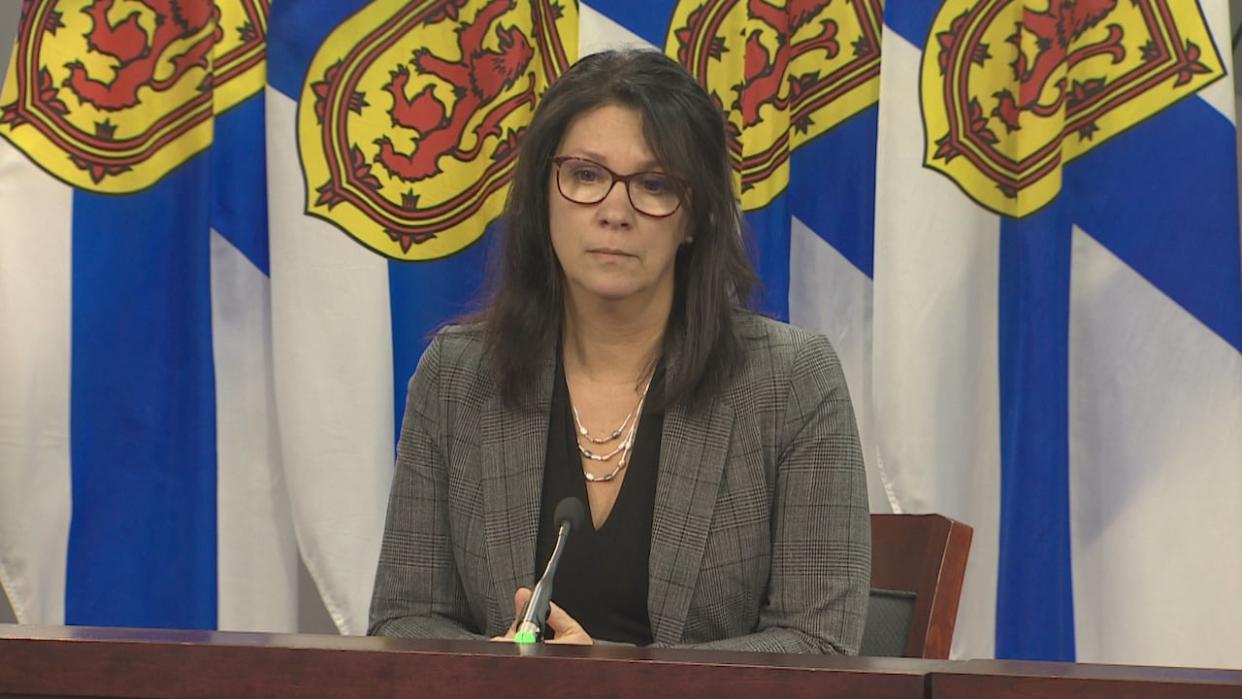Staff shortages still a limiting factor in improving N.S. health care

As the Nova Scotia government continues its effort to make good on a promise to fix health care, staffing remains a key challenge.
In recent months, the government announced several projects that experts believe will make a meaningful difference for cancer prevention and treatment in a province with the highest incidence rates in the country.
Those same experts, however, say a limiting factor they face continues to be human resources.
"We as a cancer care program have been rather successful, but we are only part of the cancer care system at large," Dr. Helmut Hollenhorst, the medical director of the province's cancer care program, said in a recent interview.
An inter-connected system
Hollenhorst said the cancer program is attracting "the best and brightest" who want to be a part of the evolving and emerging technology and research happening here, but that program relies on other parts of the system that face staffing shortages.
"Cancer care is so far reaching.… We are so interdependent with diagnostic imaging, with lab, with pathology, with pharmacy, with psychosocial, so we are heavily integrating and collaborating with all these partners in developing the program together."
Late last year the provincial government announced plans to buy two new cutting-edge radiation therapy machines that allow cancer treatments to be personalized for each patient at the moment of their treatment. The province also signed a long-term agreement this month with the company that manufactures those machines, Varian, for research and treatment equipment that will help expand oncology services.
A week ago, Health Minister Michelle Thompson announced a new screening program for lung cancer. Doctors say the program will help detect the disease sooner and mean faster treatment and better outcomes for patients.
Access without a doctor
The chief of thoracic surgery noted at the time that her team has been anticipating more referrals and work as a result of the new screening program and that it would eventually require more resources. The lung screening program launched in the province's central zone and will become available in the rest of the province over the next two years.
"I feel that as screening programs evolve there will be a need for more resources for physicians like myself to be able to accommodate the increase in referrals to make sure that we can then offer timely treatment for these earlier cancers that are found," Dr. Madelaine Plourde told reporters during a news conference.
One of the challenges when it comes to cancer treatment continues to be people's access to primary care. As of this month, 150,000 people in Nova Scotia are on the province's need-a-family-practice registry. There are certain cancer screenings that require a doctor's involvement, such as for cervical cancer.
But Hollenhorst said steps are being taken to make access easier for people who do not have a family doctor. People can self refer for the lung cancer screening program, for example, and screening for cervical cancer is moving away from a Pap smear in favour of an HPV test people can perform on their own at home and return through the mail (an approach similar to what happens now with colorectal cancer screening).
Hiring efforts continue
Family doctors are not the only limiting factor, however.
The provincial health authority has almost 150 openings for radiological technologists, the role responsible for medical imaging; there are also almost 40 openings in pathology and laboratory medicine.
Thompson has pointed to efforts by her government to attract and retain health-care workers through incentives and bonuses, along with new collective agreements recently signed with nurses and doctors.
But Thompson has also acknowledged that much work remains as Nova Scotia deals with a problem confronting health-care systems across the country and beyond.
MORE TOP STORIES


